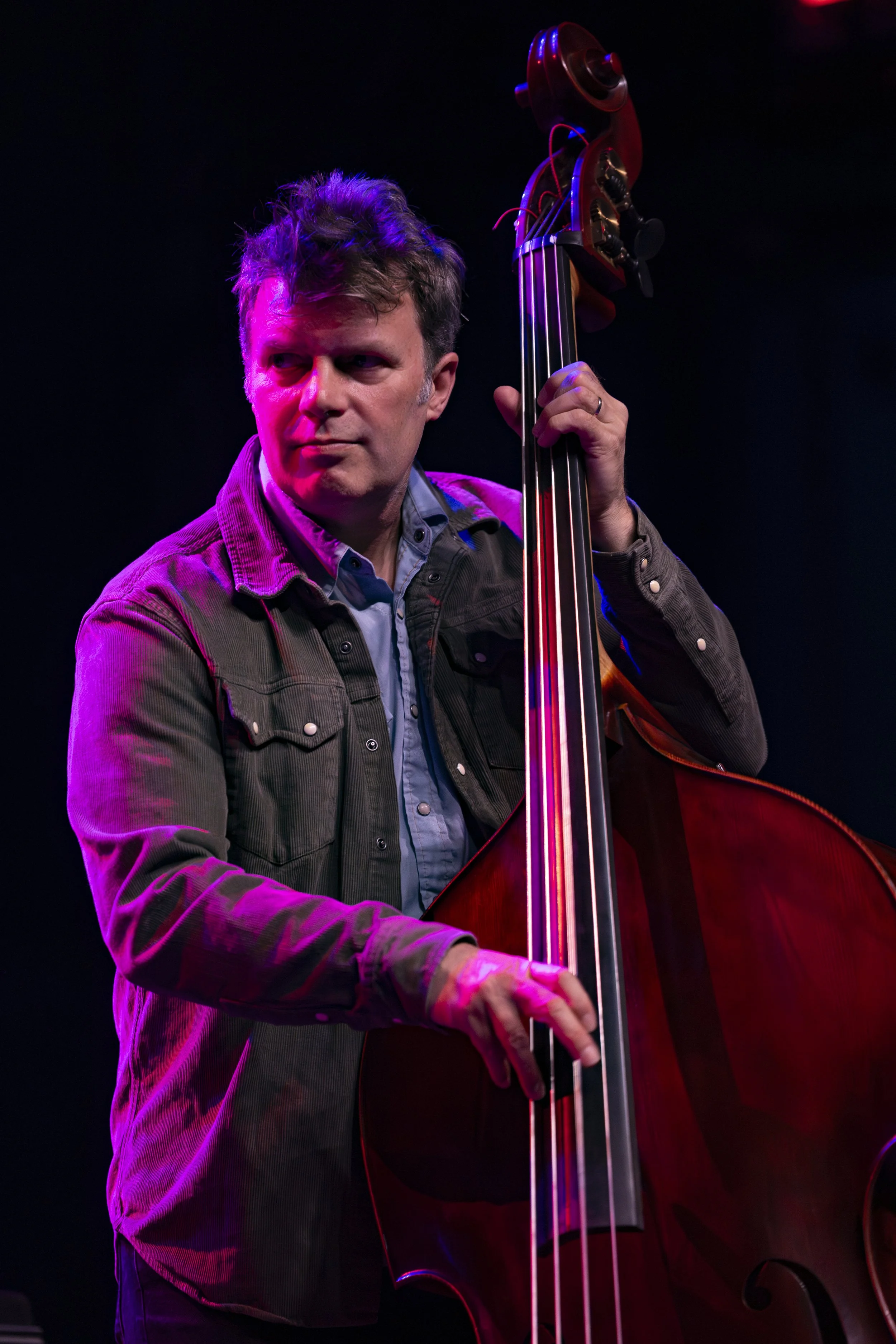Ani DiFranco has always carried her guitar like a megaphone—her songs less about entertainment than an unbroken conversation with the world around her. At KEMBA Live! in Columbus on September 2, she leaned fully into that role, offering an evening that was both intimate and insurgent. The nearly two-hour set moved seamlessly between recent material from Unprecedented Sh!t and cornerstones of her thirty-year career, underscoring her insistence that the personal and political are never separate.
She began with “Still My Heart” and “Do or Die,” two songs that framed the evening around urgency and perseverance. From there, “Unprecedented Sh!t” and “You Forgot to Speak” highlighted her sharp lyrical wit—songs that are equal parts call-out and confession, crafted with her trademark off-kilter guitar lines. Even in moments of levity, the edges were pointed.
The middle of the set brought a mix of vulnerability and fire. “Pixie” and “Angry Anymore” reminded the crowd how DiFranco has long balanced fragility with ferocity, while “Simultaneously” and “More or Less Free” showed her recent work wrestling with contradictions in a way that felt lived-in, not academic. When she moved into “New Bible” and “Baby Roe,” she shifted from introspection to direct confrontation, linking the personal stakes of reproductive rights and social justice with the collective mood in the room.
Between songs, she spoke candidly about the current political climate—at once weary, furious, and hopeful. Her commentary didn’t feel tacked on but instead threaded through the performance like an extra verse, an extension of the songs themselves. She spoke about how cynicism is easy, but connection and responsibility demand work. The crowd seemed to lean forward during these moments, recognizing that her music has always been activism set to rhythm.
The late stretch of the show carried both gravity and catharsis. “The Knowing” and “Untouchable Face” felt like different sides of the same coin—intimate self-examination giving way to raw honesty. With “Revolutionary Love,” she reframed anger as a form of care, a theme that resonated in a room that had come not only to hear old favorites but to grapple with the urgency of now.
For the closing run, DiFranco chose to embrace her past without nostalgia. “Little Plastic Castle” and “Both Hands” reminded listeners of her trailblazing voice in the ’90s, still bracingly relevant decades later. She ended with “Shy,” a song whose vulnerability acted as a counterweight to the boldness that defined much of the night. It was a reminder that strength and softness aren’t opposites in her world but companions.
In the end, Ani DiFranco’s Columbus performance wasn’t about showmanship for its own sake—it was about presence. Every chord carried conviction, every aside felt earned. She doesn’t merely play concerts; she stages teach-ins, confessions, and rallies all at once. And on this night, the lesson was clear: music still matters most when it tells the truth, however messy, however urgent.














